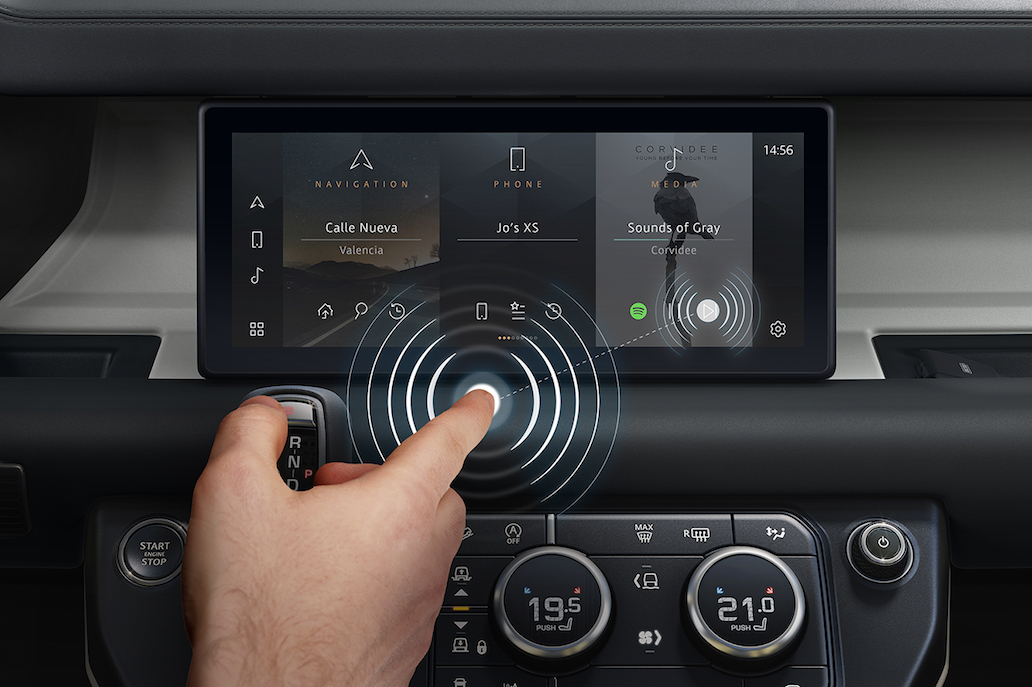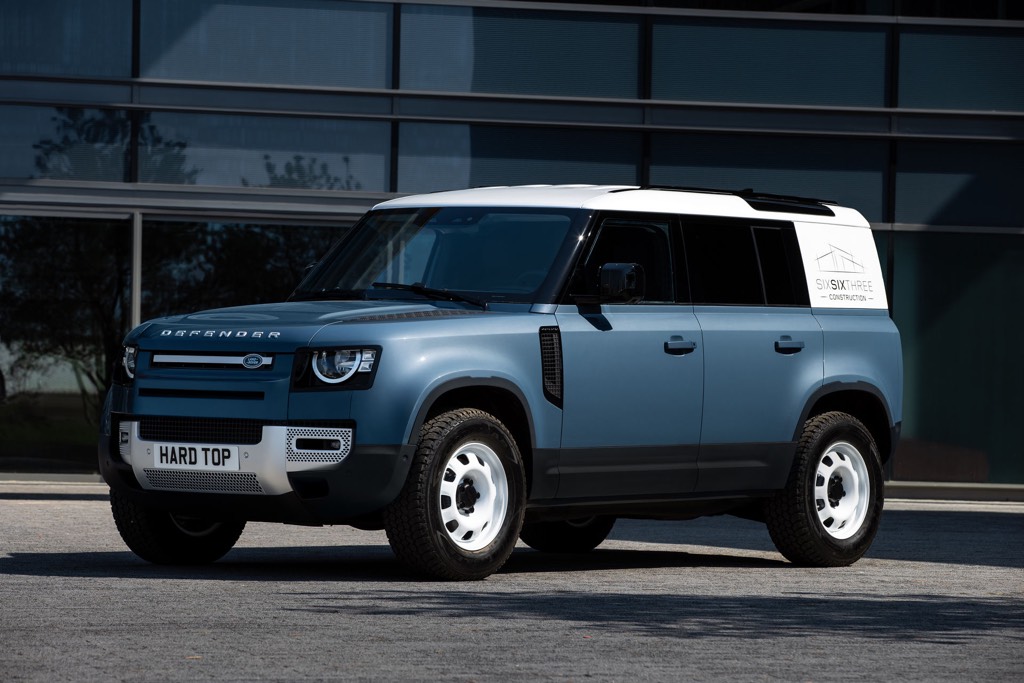JLR Develops Predictive Touch Tech For Post COVID-19 World
Jaguar Land Rover say the technology would reduce the spread of bacteria and viruses.

Were you worried that your car’s touchscreen might transfer viruses when multiple hands come in contact with it? Were you thinking about stocking up several disinfectant bottles that are getting ever so costlier?
Well, don’t, because there is a solution. Jaguar Land Rover (JLR) has developed predictive touch tech, or gesture control in layman’s terms, that it says would reduce the spread of bacteria and viruses in a post COVID-19 world.
Developed in association with engineers at the University of Cambridge, JLR says it is part of its “Destination Zero” vision, with an aim to make its vehicles safer and the environment healthier.
JLR predictive touch tech has been patented and uses artificial intelligence and sensors to predict a user’s intended target on the touchscreen to control the infotainment system without having to actually touch anything.
What sensors you ask? JLR predictive touch tech has a gesture tracker that uses vision-based or radio frequency-based sensors to combine contextual information such as user profile, interface design and environmental conditions with data available from other sensors, such as an eye-gaze tracker, to infer the user’s intent in real time.
The firm claims lab tests and on-road trials have revealed that using the technology, time and effort needed to use a touchscreen can be reduced by up to 50 percent.
This software-based solution, JLR says, has reached high technology readiness levels and can be integrated into existing touchscreens and interactive displays, so long as the correct sensory data is available to support the machine learning algorithm.
The real-world uses of this tech, especially from the bacteria and virus prevention point is debatable, because there are numerous factors that can negate the technology’s positive features. But it is welcome nonetheless.

